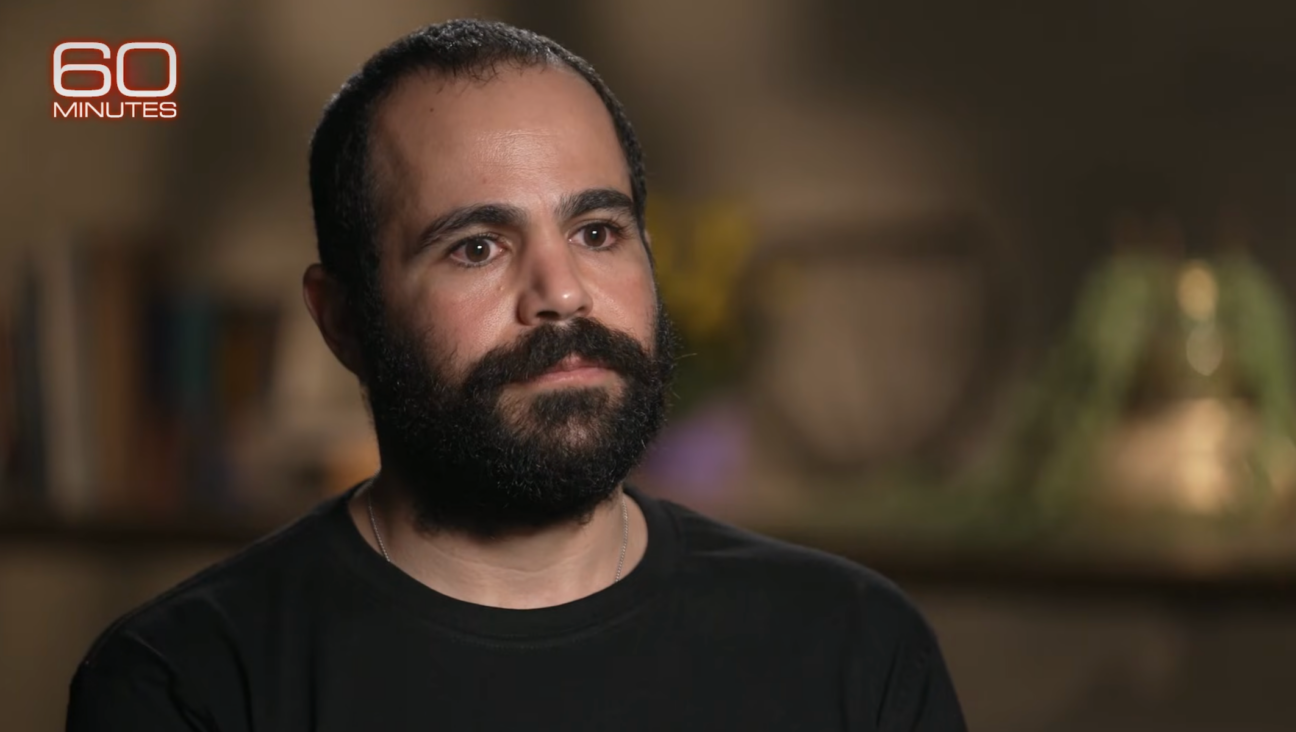On Gaza, an About-Face That Was Overdue
“In the wake of this decision, the world’s focus will be on the Qassam rockets Hamas is firing out of Gaza and not the coriander that Israel isn’t allowing in.” That’s how an unidentified senior aide to Prime Minister Benjamin Netanyahu, quoted by the Israeli daily Haaretz, explained the Israeli government’s decision to significantly ease its siege of Gaza. As Netanyahu himself put it: “There will be no civilian closure of Gaza but there will be a security closure. That security closure will be tightened from now on.”
The announcement of a policy change is welcome, if long overdue. The Israeli government is effectively acknowledging that its policy of punishing Gazans for the actions of Hamas has harmed Israel’s national interests. One must ask, however, why it took the flotilla debacle and the resulting international and domestic pressure to change this flawed policy. After all, for the past three years, Israeli human rights groups have been warning that the economic siege was both an illegal act of collective punishment and a bad strategy for Israel.
Israel’s policy failed to achieve its stated goals. It didn’t bring down the Hamas government, and it didn’t help free captive Israeli soldier Gilad Shalit. Instead, the siege seems to have strengthened Hamas and has damaged Israel’s image.
Limiting the amount and kind of civilian goods that Gazans were allowed to import gave rise to an alternative tunnel economy. The tunnels brought many goods into Gaza that were forbidden by Israel, but at prices that were prohibitive for most Gazans, 70% of whom depend on humanitarian aid. Meanwhile, Hamas reaped the profits from the tunnels, which were run by its supporters and heavily taxed by the Hamas government. The tunnels also brought weapons into Gaza; Israeli military intelligence has warned that Hamas can now launch rockets as far as Tel Aviv.
But if Israel were to allow civilian goods to flow freely into Gaza, the economic justification for the smuggling tunnels would vanish. Reducing the overall flow of goods being smuggled via the tunnels would make it easier to crack down on weapons-smuggling on the Gaza-Egypt border. Shipments of civilian goods could be inspected to prevent weapons from being sent to Hamas.
The full scope of the recently announced changes to Israeli policy toward Gaza remains to be seen. Ultimately, Gaza needs more than just food and consumer goods. Before the introduction of the siege, Gaza’s economy was based primarily on export of agricultural products, textiles and manufactured goods. Gazans need to be able to import raw materials and export their products so that economic activity can resume.
Allowing Gaza to have a functioning economy is not only the right thing to do, it is also in Israel’s interest. It would reduce the dependence of Gaza’s population on Hamas and reinforce Israel’s standing in the diplomatic arena.
The easing of Israel’s economic siege is not coming a moment too soon. But it has left many American friends of Israel who had unquestioningly defended Israeli government policy toward Gaza playing catch-up, at a loss to explain the rapid about-face. After all, if preventing the importation of coriander and cement isn’t advancing Israeli security today, it likely wasn’t advancing it for the past three years. This reality, however, teaches an important lesson, namely that the policies pursued by Israeli governments are not always in Israel’s best interest.
Uri Zaki is U.S.A. director of B’Tselem: The Israeli Information Center for Human Rights in the Occupied Territories.
The Forward is free to read, but it isn’t free to produce

I hope you appreciated this article. Before you go, I’d like to ask you to please support the Forward.
At a time when other newsrooms are closing or cutting back, the Forward has removed its paywall and invested additional resources to report on the ground from Israel and around the U.S. on the impact of the war, rising antisemitism and polarized discourse.
Readers like you make it all possible. We’ve started our Passover Fundraising Drive, and we need 1,800 readers like you to step up to support the Forward by April 21. Members of the Forward board are even matching the first 1,000 gifts, up to $70,000.
This is a great time to support independent Jewish journalism, because every dollar goes twice as far.
— Rachel Fishman Feddersen, Publisher and CEO
2X match on all Passover gifts!
Most Popular
- 1

Film & TV What Gal Gadot has said about the Israeli-Palestinian conflict
- 2

News A Jewish Republican and Muslim Democrat are suddenly in a tight race for a special seat in Congress
- 3

Fast Forward The NCAA men’s Final Four has 3 Jewish coaches
- 4

Culture How two Jewish names — Kohen and Mira — are dividing red and blue states
In Case You Missed It
-

Books The White House Seder started in a Pennsylvania basement. Its legacy lives on.
-

Fast Forward The NCAA men’s Final Four has 3 Jewish coaches
-

Fast Forward Yarden Bibas says ‘I am here because of Trump’ and pleads with him to stop the Gaza war
-

Fast Forward Trump’s plan to enlist Elon Musk began at Lubavitcher Rebbe’s grave
-
Shop the Forward Store
100% of profits support our journalism
Republish This Story
Please read before republishing
We’re happy to make this story available to republish for free, unless it originated with JTA, Haaretz or another publication (as indicated on the article) and as long as you follow our guidelines.
You must comply with the following:
- Credit the Forward
- Retain our pixel
- Preserve our canonical link in Google search
- Add a noindex tag in Google search
See our full guidelines for more information, and this guide for detail about canonical URLs.
To republish, copy the HTML by clicking on the yellow button to the right; it includes our tracking pixel, all paragraph styles and hyperlinks, the author byline and credit to the Forward. It does not include images; to avoid copyright violations, you must add them manually, following our guidelines. Please email us at [email protected], subject line “republish,” with any questions or to let us know what stories you’re picking up.















